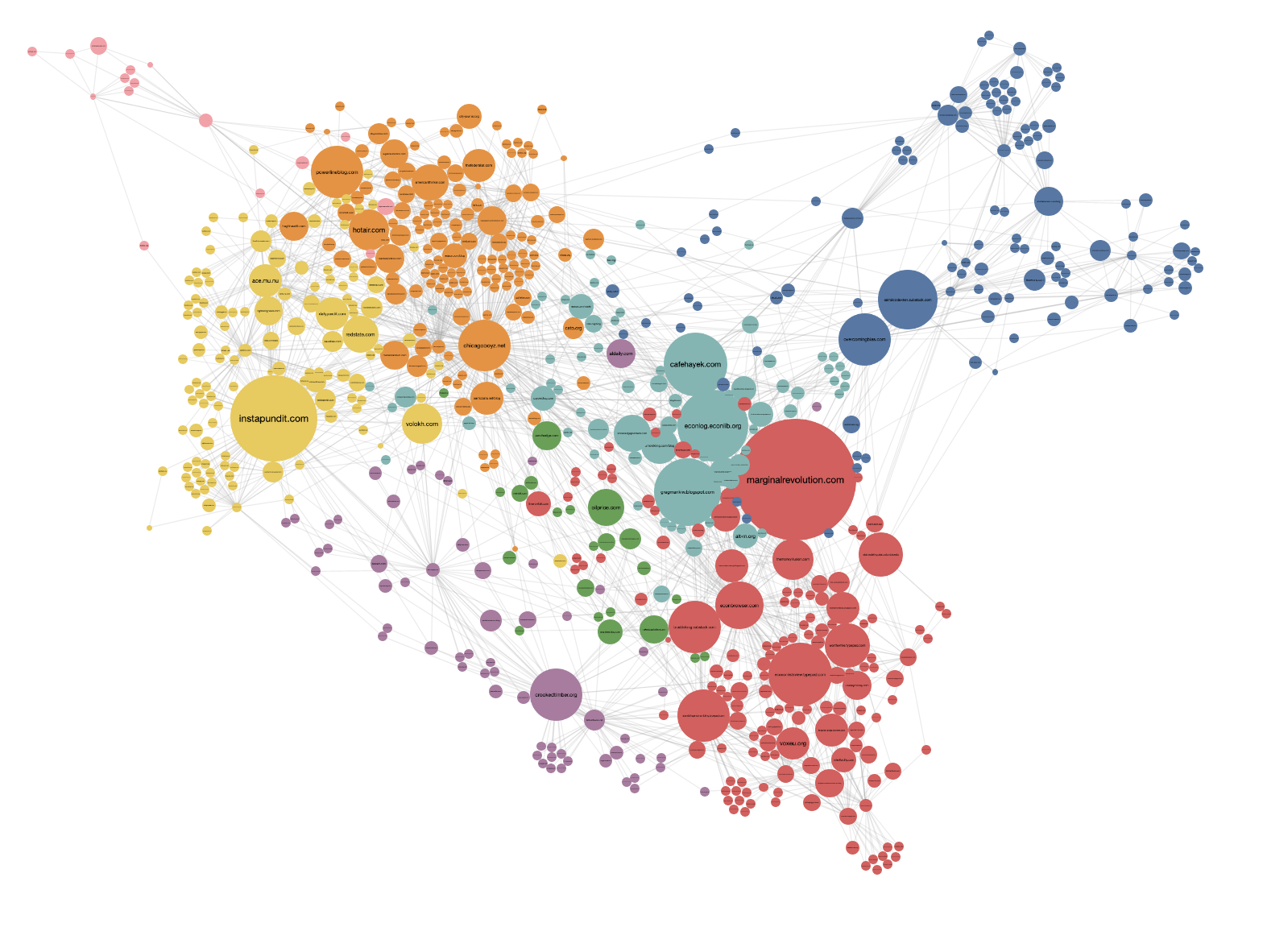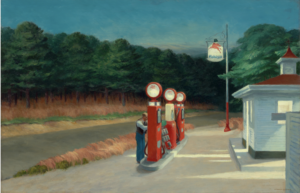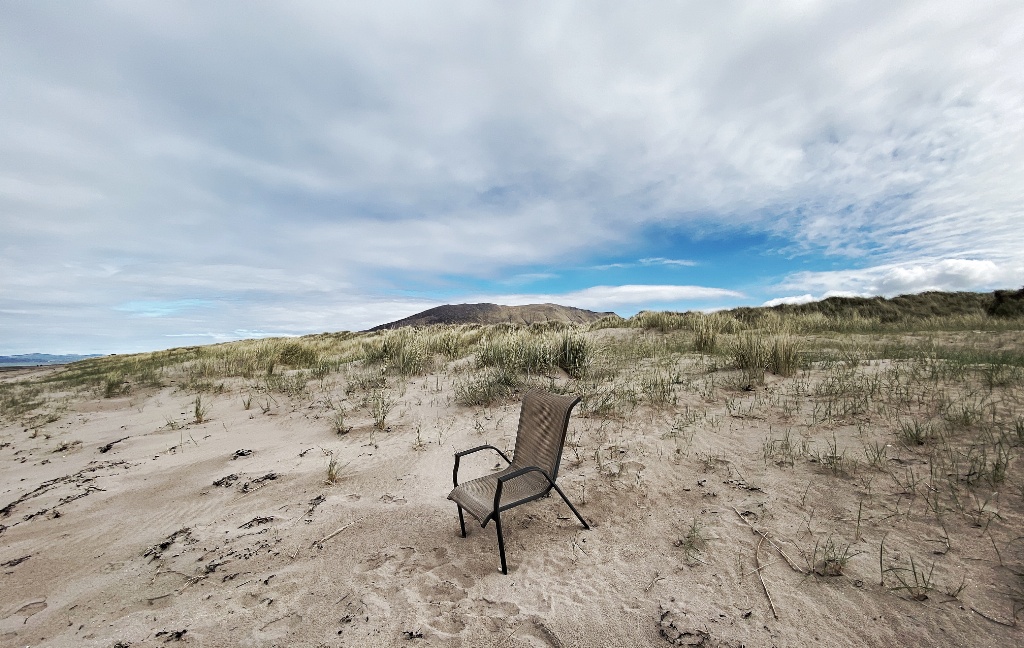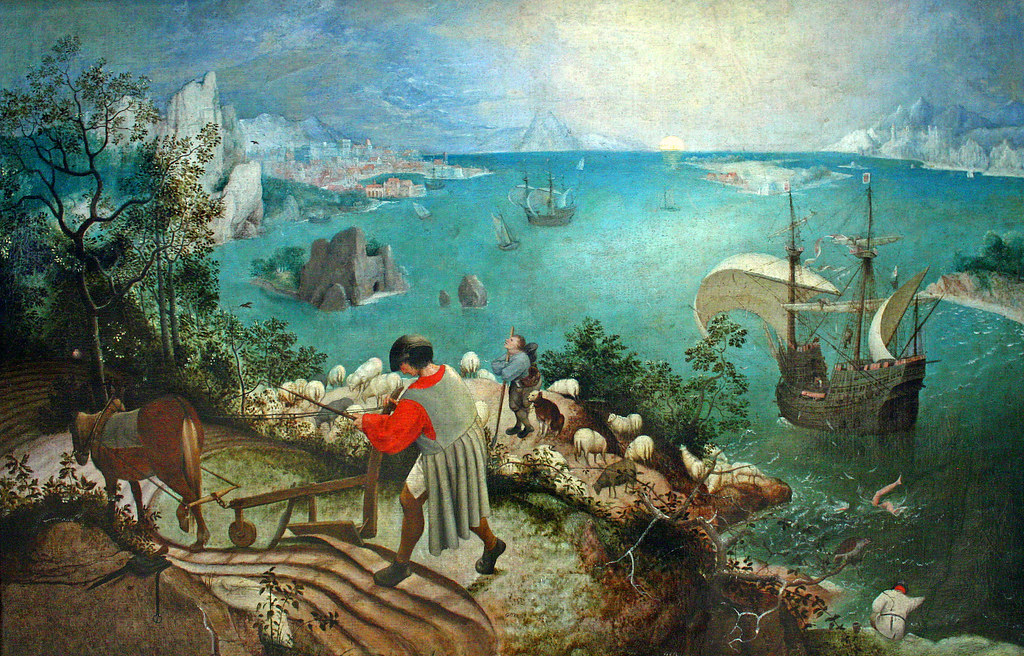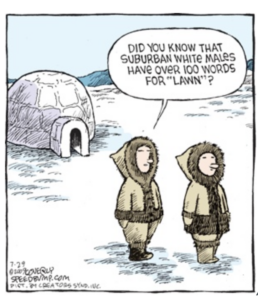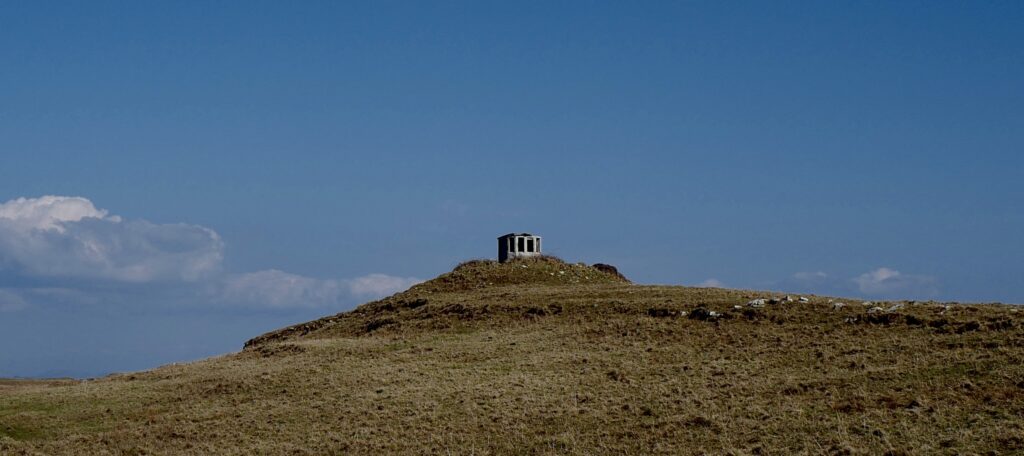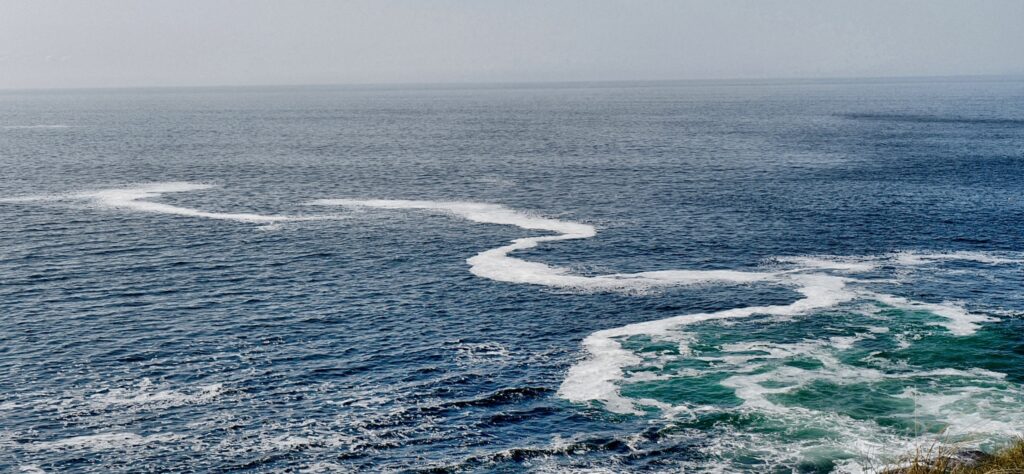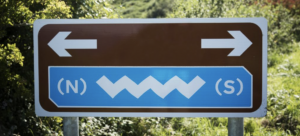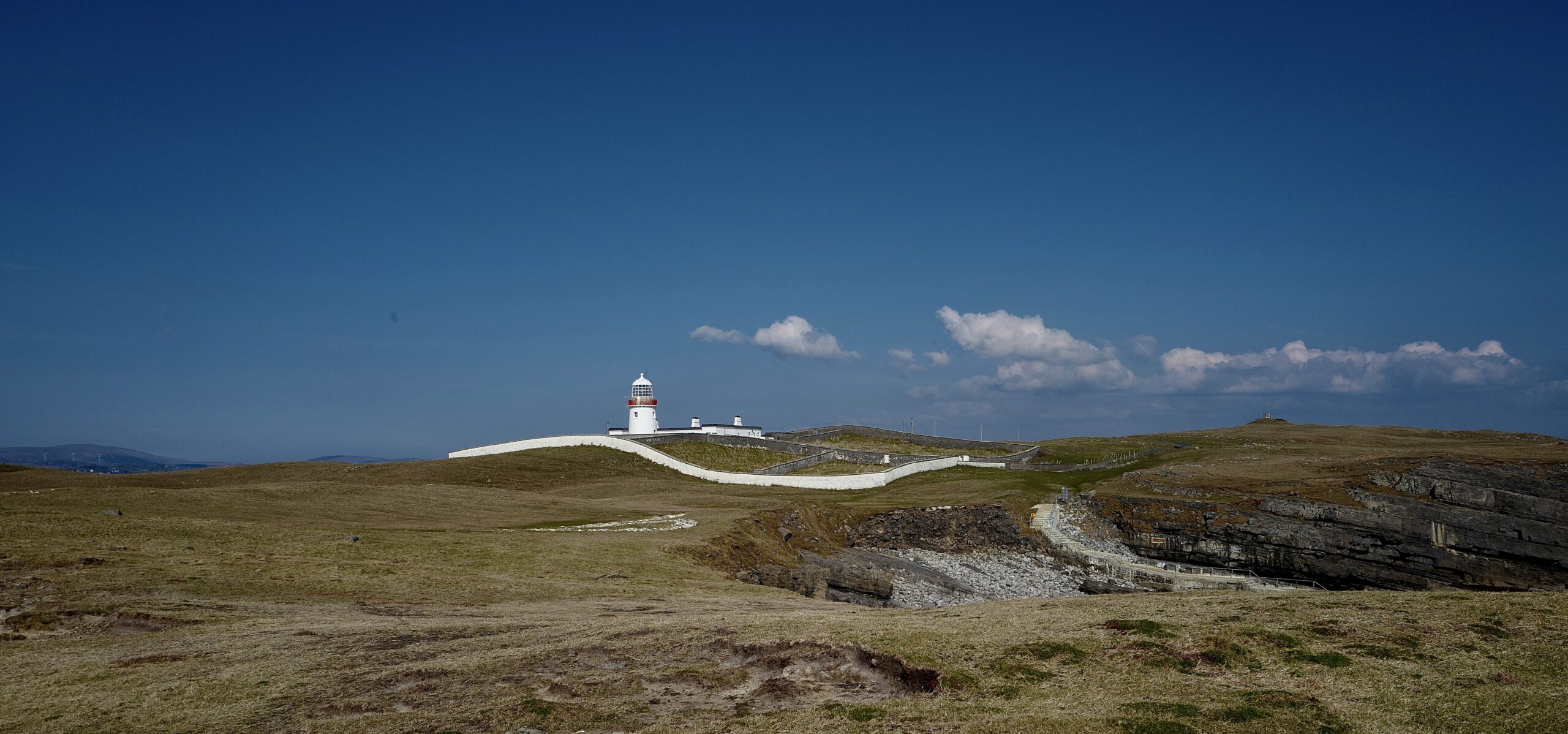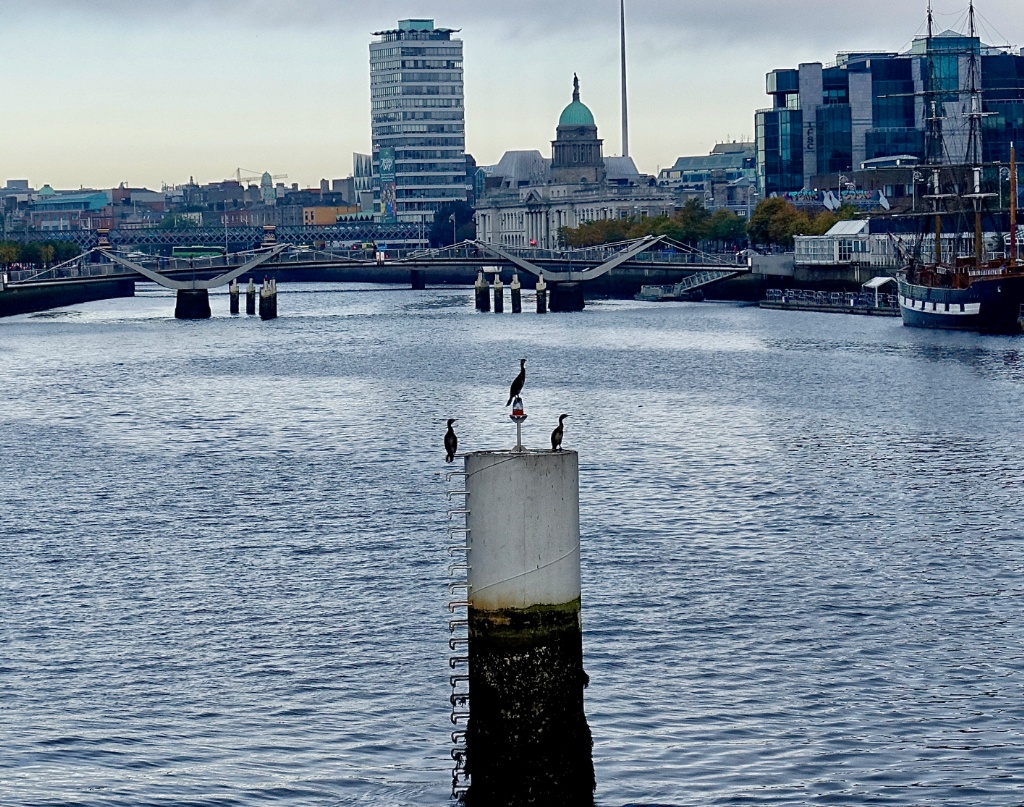Stately home in the evening

Quote of the Day
”Went to Charleston for the night & had a clear sight of Maynard by lamplight — like a gorged seal, double chin, ledge of red lip, little eyes, sensual, brutal, unimaginative: one of those visions that comes from a chance attitude, lost so soon as he turned his head. I suppose though it illustrates something I feel about him. Then he’s read neither of my books — In spite of this I enjoyed myself: L. Came over next day and found me neither suicidal nor homicidal.”
- Virginia Woolf, writing about John Maynard Keynes in her diary for 26 September, 1920. ‘L’ is her husband, Leonard.
At this stage Keynes was a world-famous public intellectual, largely on the back of his book, The Economic Consequences of the Peace, a polemical attack on the Treaty of Versailles, in the negotiation of which he had for a time played a part as a member of the British delegation. But the Bloomsbury crowd always had ambivalent feelings about him, partly perhaps because he was the only one of them who had any role in public affairs. They were particularly pissed off because of the fact that as a young economist he joined the Treasury and played a significant role there finding ways of funding the war effort.
Musical alternative to the morning’s radio news
David Lindley | Pay the Man
Long Read of the Day
Books Become Games
This is the kind of essay that will resonate with anyone who’s ever published a serious book. Justin Smith has just published such a volume, which I am now honour-bound to read — for reasons which will become clear in a moment). Its title: The Internet Is Not What You Think It Is: A History, a Philosophy, a Warning. Here’s how it opens:
I have been saying “yes”, to virtually every podcast and radio invitation I’ve received. Sometimes I find myself doing some rather quick mental work, after clicking the Zoom link, to recall who exactly it is I’m talking to, and what is expected of me. Sometimes there’s a tell-tale hint —an Australian accent, say— that brings me back to the e-mail I received a week or so prior and that reminds me of the host’s general orientation and expectations. Sometimes I fly blind through the whole thing, still uncertain at the end whose show I’ve just graced with my presence.
Most of the podcasters I’ve encountered, if I may be honest, remind me of nothing so much as the classic Onion “advice column”, from back before that newspaper was generated by AI (as far as I can tell), that consisted in a book-report on Animal Farm by a kid who hasn’t read it. It’s “well worth the $5.99 purchase price,” he wrote. “It’s so good, in fact, that if I was in Canada, I would be happy to pay the higher price of $7.99.” Similarly, questions I’ve been getting on my book, I can’t help but notice, are often drawn entirely from the sheet of promotional copy that is included with it. This is text I was compelled to generate at a nearly-final stage of book-production, when I was completely exhausted by the project and just wanted it over. If I were a better player at the book-game I would take this part of the process more seriously. Instead I put most of my energy into writing the book itself, I crank out some hasty copy at the end, and then I pay for it when I have to hold forth, again and again, on the contents of that single page.
Smith’s point is that nowadays “the work of book-writing involves actual writing only in an initial phase, while subsequently the work becomes wrapped up in book-pumping, in technologically mediated promotions, branding of the self, bullet-pointing, after-the-fact elevator-pitching, and gaming of all possible metrics in the hope of going viral. In short, books, today, are a satellite of social media, operating according to the same logic, within the same empty economy of buzz and inevitable forgetting”.
It’s an engaging essay and I heartily recommend it.
What it brought to mind was an assignment I was given years ago when Jaron Lanier was in London publicising one of his books. I was asked to do a piece about him and an interview was duly set up in one of those posh hotels which seem to exist solely for PR purposes. When I arrived, his publicist apologised that Jaron’s previous interview was over-running. Would I mind waiting?
I didn’t. When we finally got to start I embarked on an opinionated stream of thought and we found ourselves in the middle of an interesting and lively conversation. And then he suddenly went silent. Had I said something to offend him, I asked. No, he replied, it’s just that he had suddenly realised that, of the 20 or so people who had interviewed him about the book in the previous two days, I seemed to be the only person who had actually read it!
When we finally finished talking I asked him if I could take a photograph.
Here it is:

Years later, I had a nice email from him asking if I still had the pic because he needed one for a gig he was doing! He’s a lovely man.
Diane Coyle on Thomas Piketty’s new book
Characteristically perceptive review in the Financial Times of 12 April (and so behind the paywall). As usual, her summing-up gets to the heart of the matter:
Strip away the detail and what remains is an all-too-apparent underlying abstraction from the practical politics of change, an abstraction emphasised by the book’s very literal translation by Steven Rendall from intellectual French. If “r” really is greater than “g”, then perhaps inequality does have its own internal dynamics, but achieving a turn to “democratic, decentralized socialism” surely demands some attention to how it might come about?
The issue is that Piketty’s theory of change is motivated by ideology, so articulating a persuasive alternative ideology is enough. And surely a vision of a fair, green, participatory future is persuasive enough? Sadly, what convinces readers in the salon differs from what drives action on the streets, or even in the corridors of power, where Pessimistic Piketty is likely to prove more persuasive than this newly Optimistic Piketty.
To adapt a famous adage of Marx’s: the purpose of political economy is to understand the world, not to change it.
This Blog is also available as a daily email. If you think that might suit you better, why not subscribe? One email a day, Monday through Friday, delivered to your inbox. It’s free, and you can always unsubscribe if you conclude your inbox is full enough already!



